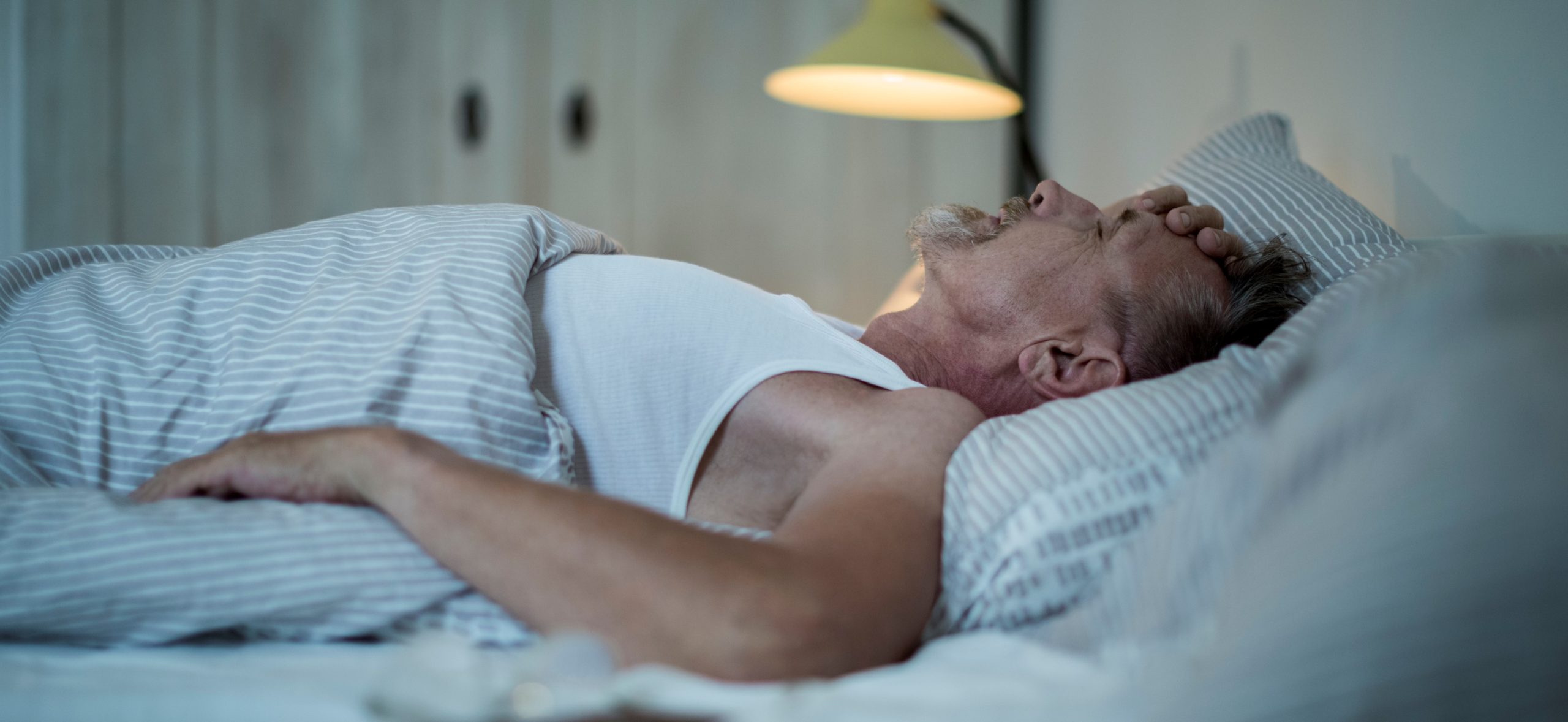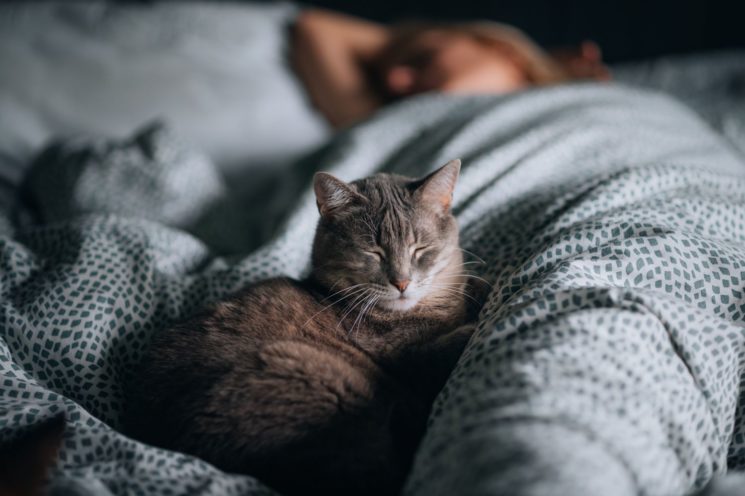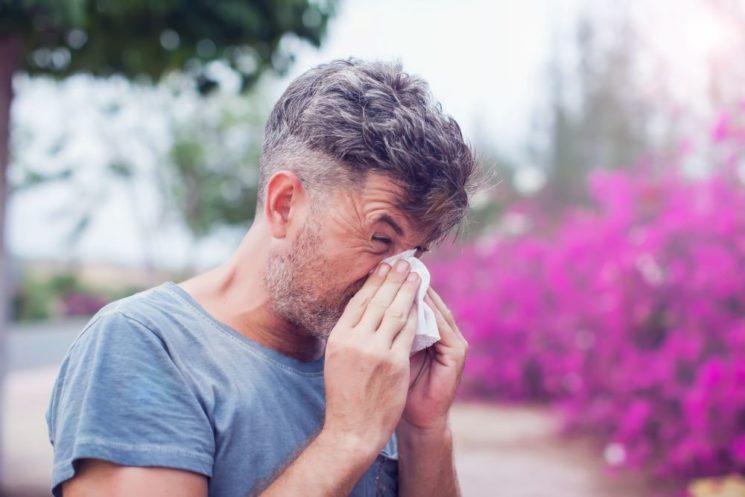
Snoring is common: according to The British Snoring and Sleep Apnoea Association, there are around 15 million snorers in the UK.
Snoring can be a relatively harmless feature of sleep and doesn’t need to be something sinister, however frustrating it may be to live with. If you snore, you may find it can affect your sleep and be linked with frequent awakenings and sleepiness. It can become a tense topic if it wakes those close to you during the night. Snoring has been linked to sleep deprivation, which can affect your mental health, physical wellbeing and your productivity and performance at work.
Amy Gallagher, Senior Sleep Physiologist at Cromwell Hospital and Jack Bowker, Dentist at Bupa Dental Care Deysbrook answer the most commonly asked questions about snoring.
What causes snoring ?
When you’re awake, there are muscles in your nose, mouth and throat that keep your airways open. But when you sleep, these muscles relax, and can lead to airways narrowing. As air passes through, it can cause the surrounding tissues to vibrate. This results in the sound we call snoring.
How can we prevent or stop snoring?
This all depends on the root cause of your snoring, but there are some things that can help:
- Don’t drink alcohol late at night – Alcohol relaxes your muscles, making your airways more likely to close. You might also snore louder if you’ve been drinking because your throat is dry, as alcohol makes you dehydrated.
- Lifestyle – Anyone with a neck size of over 17 inches and a BMI above 30 is at high risk of snoring. Leading an active and healthy lifestyle and maintaining an ideal weight can also reduce pressure on your airways.
- Stop smoking – Smoking irritates your throat and nasal passage, which can cause swelling. If your nasal passage becomes congested, it makes it difficult for you to breathe.
- Sleep on your side – Sleeping on your back makes you more likely to snore. Side sleeping is the best sleep position because it reduces the compression of your airways.
Is snoring bad for you?
Snoring isn’t usually anything to worry about health-wise. However, research suggests that regular snorers are at increased risk from diseases such as hypertension, also known as high blood pressure.
Snoring can disrupt your sleep, which leaves you feeling more tired throughout the day. This could decrease your productivity at work or mean you have less energy to do other activities such as exercising or socialising. It can also put a strain on your personal relationships by keeping your partner awake at night.
What’s more, simple snoring can develop into obstructive sleep apnoea, which is a much more serious condition that can shorten your life expectancy.
What is obstructive sleep apnoea?
Obstructive sleep apnoea is a condition that is caused by narrowing of the airways in your throat either causing the airway to completely or partially collapse while you sleep. When the airway is closed, the body cannot breathe against the closure, and this can last for around 10 seconds or more. You may wake up to a choking or gasping sensation and feel out of breath. With sleep apnoea, you often go back to sleep fairly quickly and have no memory of it happening in the morning.
This happens at different rates throughout the night depending on a number of factors. It can disrupt your sleep pattern and, as a result, you may end up feeling extremely tired the next day. This could affect other areas of your life such as your performance at work or your ability to drive.
In the worst cases, obstructive sleep apnoea can be a co-factor in several conditions which affect your heart, including heart failure, arrhythmia, strokes, and high blood pressure. These can all shorten your life expectancy.
The condition is most common in older age groups, although you can get it at any age. Similar to snoring, it’s more common in men than women. You’re more likely to develop sleep apnoea if you:
- Are older, or are post-menopausal
- Are overweight
- Have a close relative who suffers from sleep apnoea
- Are a smoker
- Drink lots of alcohol, especially in the evenings
- Use sedatives to help you sleep
- Sleep on your back
- Have medical conditions including an underactive thyroid, Down’s syndrome, acromegaly or other conditions which affect your jaw, nose, throat or tongue.
If snoring is affecting your life negatively and you believe you may be at risk for obstructive sleep apnoea, visiting your GP is advised. The STOPBANG Questionnaire is an effective and reliable way to assess the likelihood of obstructive sleep apnoea at home.
How can a dentist help with snoring or sleep apnoea?
If snoring’s getting in the way of your daily life, you should mention it to your dentist at your next check-up, or you can book an appointment with a practice which offers snoring treatment.
During the appointment, your dentist will ask you some questions about your snoring and they’ll also examine your mouth. Dentists aren’t able to diagnose obstructive sleep apnoea, but they can help recognise the signs and then refer you to a sleep centre or to your GP for medical diagnosis.
They can also help by treating you with a snoring appliance. They prevent the jaw and tongue from falling backwards obstructing the airway during sleep. Anyone who snores can use one of these devices, you don’t need to have obstructive sleep apnoea. It’s worth noting that snoring often progresses to obstructive sleep apnoea, and early preventive treatment can have a significant impact on reducing its effects.
What is a snoring appliance and how do they work?
A snoring appliance, or Mandibular Advancement Device (MAD), helps keep your airways open while you sleep. It opens the back of your throat and causes your lower jaw and tongue to sit further forward than it usually would. You wear it over your teeth, like a gum shield.
The snoring appliance given to you by a dentist is custom-made, so it fits the shape and size of your mouth for maximum effect and comfort. You might find snoring appliances online, but these are less effective than custom-made ones because they’re one-size-fits-all.
Having a snoring appliance fitted is a simple process which usually requires just two or three visits to your dentist.
At Cromwell Hospital, our sleep service offers a wide range of tests including limited home sleep studies and the gold standard test for sleep investigations: polysomnography (PSG).
Why choose us?
At Cromwell Hospital, our dedicated team of experienced professionals is committed to addressing your concerns about snoring and its potential impact on your health.
With state-of-the-art facilities and leading-edge technology, we offer comprehensive assessments and personalised treatment options tailored to your unique needs.
We are underpinned by our patient-centred approach, where your well-being is at the heart of everything we do. From accurate diagnosis to evidence-based recommendations, we ensure you receive the highest quality of care.



